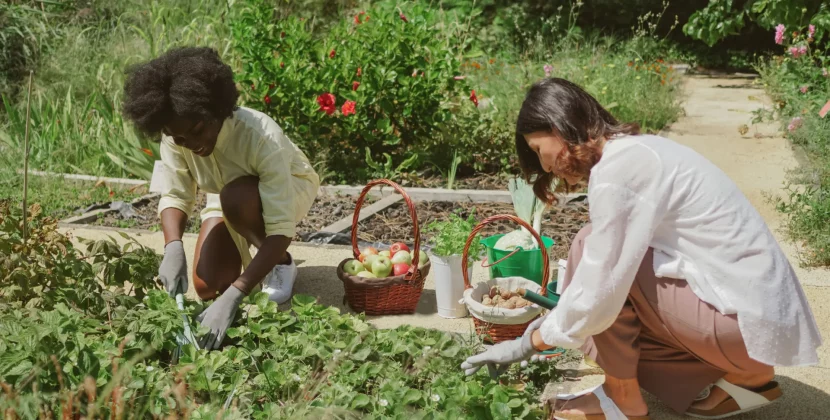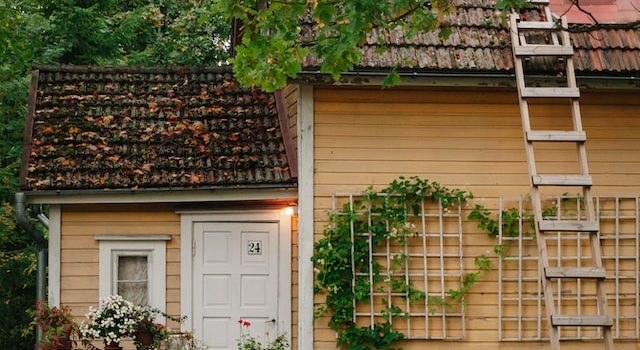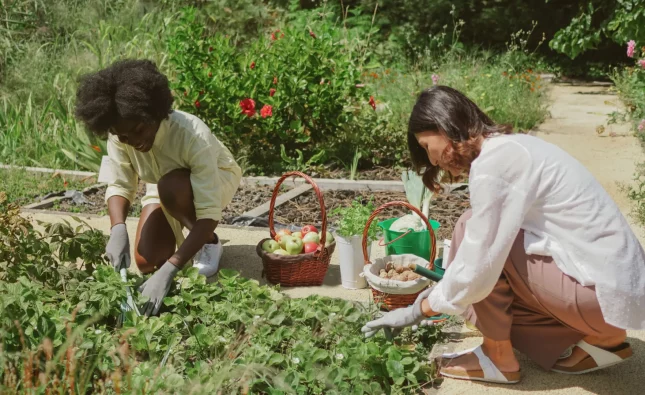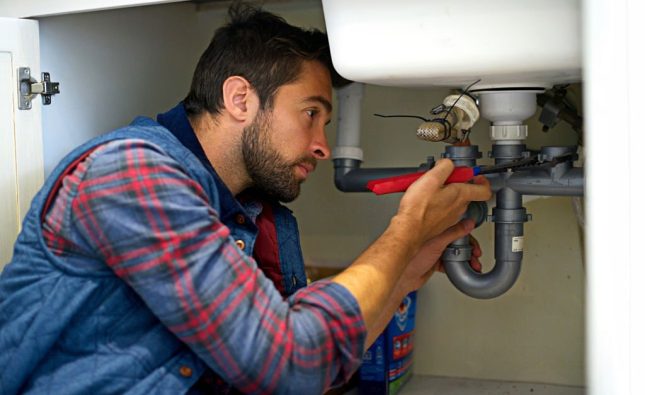
Subtitle 1: Understanding the Benefits of Composting
Composting is a natural process that transforms organic waste into nutrient-rich soil. It offers numerous benefits for both the environment and your garden. Here are some key advantages of composting:
1. Reduces Waste: Composting diverts organic waste, such as food scraps and yard trimmings, from landfills. By composting, you can significantly reduce the amount of waste that ends up in these facilities, helping to alleviate the strain on our already overflowing landfills.
2. Improves Soil Quality: Compost is a valuable soil amendment that enriches the soil with essential nutrients, organic matter, and beneficial microorganisms. It improves soil structure, enhances water retention, and promotes healthy root development. By adding compost to your garden, you can create a fertile environment for plants to thrive.
3. Enhances Plant Health: The nutrients present in compost are slowly released into the soil, providing a steady supply of nourishment to plants. This helps to improve their overall health and resilience, making them more resistant to diseases and pests. Compost also balances soil pH levels, creating optimal conditions for plant growth.
4. Reduces the Need for Chemical Fertilizers: Compost is a natural alternative to synthetic fertilizers. By using compost in your garden, you can reduce or eliminate the need for chemical fertilizers, which can have harmful effects on the environment and human health. Composting is an eco-friendly way to nourish your plants without relying on synthetic additives.
Subtitle 2: Getting Started with Backyard Composting
Now that you understand the benefits of composting, let’s explore how you can get started in your own backyard. Follow these steps to begin your composting journey:
1. Choose a Composting Method: There are several composting methods to choose from, including traditional composting bins, tumblers, and vermicomposting (using worms). Consider your space, time commitment, and personal preferences when selecting a method that suits you best.
2. Select a Composting Location: Find a suitable spot in your backyard for your composting setup. Ideally, it should be easily accessible, well-drained, and receive partial sunlight. Avoid placing your compost pile too close to your house or any sensitive areas.
3. Gather Composting Materials: To create a successful compost pile, you’ll need a mix of “green” and “brown” materials. Green materials include fruit and vegetable scraps, coffee grounds, and grass clippings. Brown materials consist of dry leaves, straw, shredded paper, and cardboard. Aim for a balanced ratio of roughly 50% green and 50% brown materials.
4. Build Your Compost Pile: Layer your green and brown materials in your composting bin or pile. Add water periodically to maintain moisture levels, but avoid overwatering. Turn the pile occasionally to aerate it and speed up the decomposition process.
5. Monitor and Maintain: Regularly check the moisture level and temperature of your compost pile. It should feel damp, like a wrung-out sponge, and the temperature should be warm but not hot. If the pile becomes too dry, add water, and if it becomes too wet, add more dry materials.
6. Harvest and Use Your Compost: Over time, your compost will transform into dark, crumbly soil. This process can take anywhere from a few months to a year, depending on various factors. Once your compost is ready, use it to enrich your garden soil, potting mixes, or as a top dressing for existing plants.
Subtitle 3: Troubleshooting Common Composting Issues
While composting is a relatively straightforward process, you may encounter some common issues along the way. Here are a few troubleshooting tips:
1. Foul Odors: If your compost pile smells bad, it may be too wet or lack sufficient airflow. Add more dry materials like leaves or shredded paper to absorb excess moisture, and turn the pile to improve aeration.
2. Slow Decomposition: If your compost is taking longer to decompose, it may need more nitrogen-rich green materials or regular turning to increase oxygen flow. Chop larger materials into smaller pieces to speed up the process.
3. Pest Problems: To deter pests, avoid adding meat, dairy, or oily foods to your compost pile. Bury food scraps under a layer of brown materials to discourage pests from accessing them.
By embracing composting in your own backyard, you can contribute to a healthier environment, reduce waste, and create nutrient-rich soil for your garden. Start composting today and reap the benefits for years to come!










